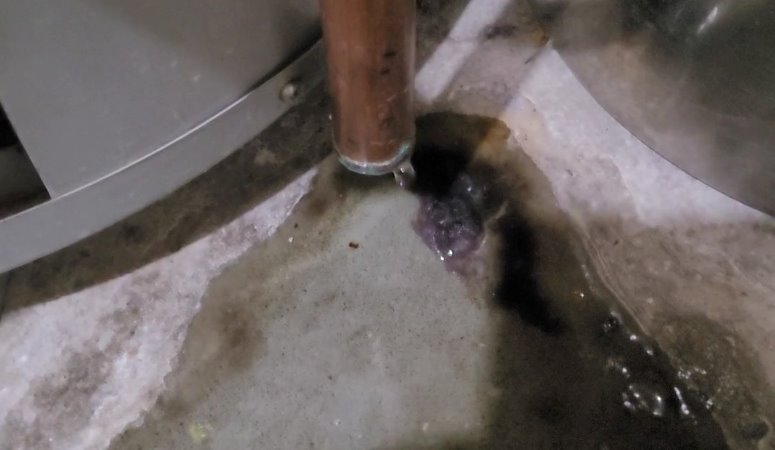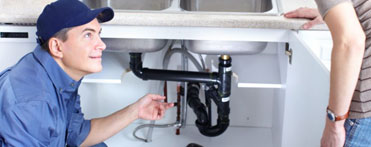
If you’re like many people, you probably think nothing of the hot water supply you have in your home. You simply enjoy its benefits in your day to day life. Many people take having a hot shower for granted. That is until their water heater fails. This is when we realize the significant role that our water heater had in our daily activities from washing dishes and taking a bath to doing the laundry.
Unfortunately, water heaters don’t last forever. In fact, many homeowners experience water heater failure from time to time. Understanding the cause of the failure is vital for repairing the water heater. Below, we discuss the most common causes of water heater failure.
1. Sediment buildup
This is one of the most common causes of water heater failure especially if you live in an area where the water has a high mineral content. Minerals and sediment in the water crystalize and accumulate at the bottom of the water heater tank. This sediment causes the water heater to work harder in achieving the desired temperature. The water heater’s efficiency is not only reduced but it can also result in overheating of the water heater and its eventual failure. The buildup of minerals in the water heater tank can also cause the heating element to break down as a result of corrosion.
2. Corrosion
This is another common cause of water heater failure. Water heater elements are made of metal. This element may corrode over time due to interaction with various mineral elements within the water. The corrosion of the element will result in lowered efficiency of the water heater and its eventual failure. These elements need to eventually be replaced.
Other metal components of the water heater may also succumb to corrosion. For example, the water heater tank itself may be made of metal. If the tank corrodes it will leak or even rupture and will thus have to be replaced.
3. Anode rod depletion
Water heaters often have anode rod that is designed to attract corrosive elements in the water. This sacrificial anode is used to protect the water heater tank from corrosion. However, the anode itself breaks down. When the rod is depleted, your water heater tank will be vulnerable to corrosion.
It should be noted that manufacturers often provide guidance on how often the elements should be replaced. Many are built to last about 7 years, after which they should be replaced.
4. Incorrect installation
It is important to engage an experienced water heater contractor for the installation of your water heater. Poor installation can lead to various issues including faulty connections, inadequate venting and much more. These issues can result in the malfunction of the water heater.
It is important to note that not all problems related to poor installation of the water heater will be apparent immediately. It may take months or even years for a problem to become obvious.
5. Age
Like other appliances in the home, water heaters aren’t designed to last forever. They have a limited lifespan. As they age, they begin to succumb to the wear and tear of daily use. When this happens, the water heater will experience more failures and require more maintenance.
Many conventional water heaters have a lifespan of between 8 and 12 years. It is therefore a good idea to begin preparations to have your water heater replaced when you begin to approach the 7th year of its life.
6. High water pressure
It is important to ensure the right kind of water pressure for the proper function of your appliances. If the water pressure is too high it can damage your appliances including your water heater. It can also damage your piping system. High water pressure will place undue stress on the components of the water heater. This can lead to leaks, bursts and other failures.
7. Faulty electrical connections
Water heaters may also experience problems as a result of problems with the electrical connection. There may be a fault with the electrical system or an electrical component. Your water heater may not be receiving the electrical power it needs to work. This problem can affect both gas and electric water heaters.
8. Broken thermostats
The thermostat in your water heater is designed to regulate the function of the water heater. The thermostat turns the water heater off when the desired temperature is reached. If the thermostat is broken or faulty, it will not function properly. The water heater may continue to run despite reaching the desired temperature or it may not attain the desired temperature at all.
If you’re experiencing any of the water heater failures outlined above, it is important that you seek the services of an experienced water heater repair contractor. Choose a contractor with experience in working with water heaters similar to your own. Get in touch with us now to learn more about how we can help.

With decades of experience, you'll get the job done right, the first time!